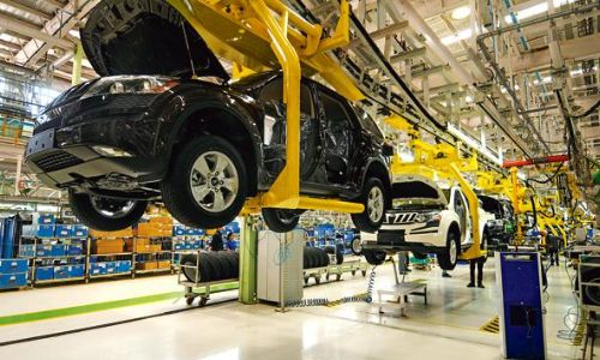Automobile retail sales in India rebounded sharply in July, with showrooms reopened across the country as COVID-led restrictions in the afflicted states were relaxed, according to the dealers’ group Federation of Automobile Dealers Associations (FADA).
Last month, sales of all vehicle segments, including passenger cars, two-wheelers, and commercial vehicles, increased significantly.
In July, total sales increased by 34% to 15,56,777 units, compared to 11,60,721 units in the same month previous year.
“With the entire country now open, car retails saw a strong comeback in July, with demand across all categories remaining strong. Furthermore, the low base impact continues to play a role.” Mr. Vinkesh Gulati, President of the Federation of Automobile Dealers Associations (FADA), stated in a statement.
Last month, passenger vehicle sales grew by 63% to 2,61,744 units, up from 1,60,681 units in July 2020.
Mr. Gulati stated that the segment was experiencing strong demand as a result of the excitement surrounding new launches and small SUV models.
Long wait times due to supply-side limitations, on the other hand, have been a source of concern for original equipment manufacturers (OEMs) in recent months, he added.
Last month, two-wheeler sales increased by 28% to 11,32,611 units, compared to 8,87,937 units in July 2020.
“Year on year, demand for two-wheelers continues to be strong (YoY). However, as customers at the bottom of the pyramid struggle with low disposable income and rural areas where COVID cases were prevalent during the second wave, the rate of recovery remains slow” Mr. Gulati remarked.
Commercial vehicle sales increased by nearly two-thirds to 52,130 units in July, compared to 19,602 units in the same month last year.
Mr. Gulati noted that the segment is witnessing growth due to increase in demand especially in the medium and heavy commercial vehicles (M&HCV) segment with the government rolling out infrastructure projects in many parts of the country.
In terms of the business forecast, he stated that August has started off on a positive note, with demand and inquiry levels improving across the board.
“Sowing activities will gradually ramp up as the IMD forecasts a normal monsoon in August-September. This will have an impact on rural sales, particularly in the tractor market” According to Mr. Gulati.
Tractor sales increased by 7% in July to 82,388 units, compared to 77,257 units in July 2020.
According to Mr. Gulati, the semiconductor scarcity is now becoming a deep-rooted concern for the PV industry, which has now surpassed the pre-pandemic level.
He said that FADA has been flashing red flags about demand-supply mismatches for a long time.
“According to a FADA internal poll, 60% of PV dealers have at least a two-month waiting list for select variations. Similarly, 35% of dealers claimed that the wait time for certain versions is longer than four months” Mr. Gulati explained.
He stated that, in addition to chip shortages, the delta variation of COVID, if it blows out of proportion, can be a disincentive and put a brake on auto retail’s recovery as India approaches the festive season months.
According to FADA, data on vehicle registration was obtained from 1,305 of the 1,519 regional transport offices (RTOs).
FADA is the country’s top national body for the vehicle retail industry, having been founded in 1964. It represents approximately 15,000 car dealers with a total of 26,500 outlets in India.
You may also like
-
Trade Connect E-platform For Exports Is Single Window, Fast, Accessible And Transformational: Shri Piyush Goyal
-
Dot Simplifies Approval Processes For Telecom Licenses And Wireless Equipment
-
Coal Production and Supply Trends on Positive Trajectory
-
Union Minister To Release Booklets On Promotion Of Indigenous Species & Conservation Of States Fishes
-
2nd India-Japan Finance Dialogue held in Tokyo on 6th September, 2024
